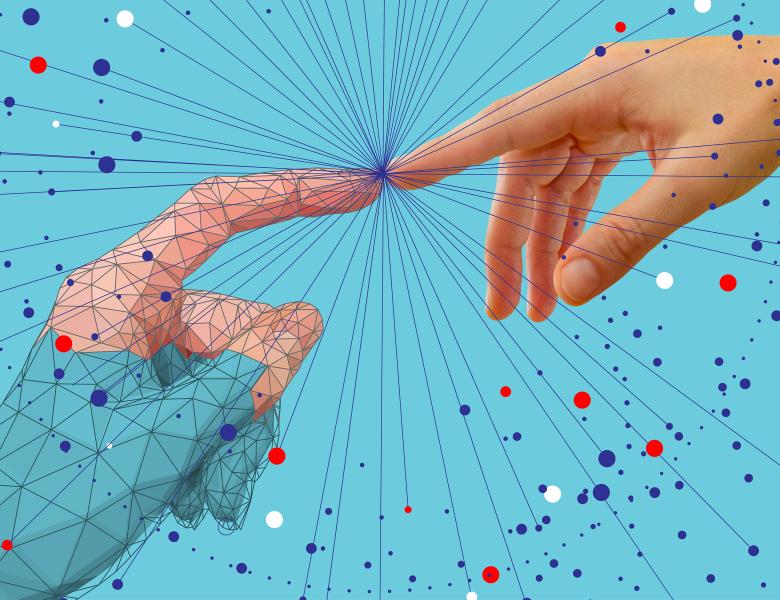
Abstract
In this paper I discuss examples of contemporary legal semantics associated with the ‘human in the loop’ using aspects of the work of Hans Blumenberg and Niklas Luhmann. Their work is relevant for at least three reasons. First, both thinkers utilised zettelkasten (slip-boxes), personally coded collections of notes and quotations written on index cards. Though inanimate, a zettelkasten has the capacity to surprise its creator with unexpected information and therefore, on Luhmann’s account, to partake in communication. This is authorship as the product of human observers capable of producing new information through observation. I suggest we can use this to reflexively observe the old cybernetic problem of the integration of psychic systems and information systems in decision-making. That distinction helps clarify the role of the observer of the legal subject of the ‘human’ differentiated from AI. Second, both closely studied the semantic shifts associated with humanity during the Enlightenment, arguing that rather than straightforwardly replacing God with homo faber, modernity radically decentred the figure of human in relation to both nature and technology. Humanity lacks ontological completeness; insofar as there is a ‘human nature’, it is one permanently compelled to reflexively adapt itself to a world/environment which it observes and from which it is constitutively differentiated. Technicization, on the other hand, is for both phenomenological; a historical mode of perception primarily understood as the coupling together of causal elements and symbols (regardless of the materiality or sophistication of those elements). The complexities of technological differentiation provoke responses both semantically but also organisationally and procedurally. This suggests that the figure of the human in relation to AI should be observed not just semantically but, crucially, for its organisational roles, internal and external to each organisation concerned. Third, both insist upon the contingency and uncontrollability of the world, and start with the axoim that their object of study – whether humanity or society – is improbable and contingent. Society is both autonomous and fragile. What is could be otherwise, or could not be at all. One consequence is that both throw into question simple causal connections between theory and practice. The link between theory and practice is historically recent, emerging in nineteenth century discourse linking science and technology. Practice can be theorised, but whether or not theory can be practiced is a question that theory cannot easily answer. If this is disquieting, it may also be liberating, for practitioners and theorists alike.


